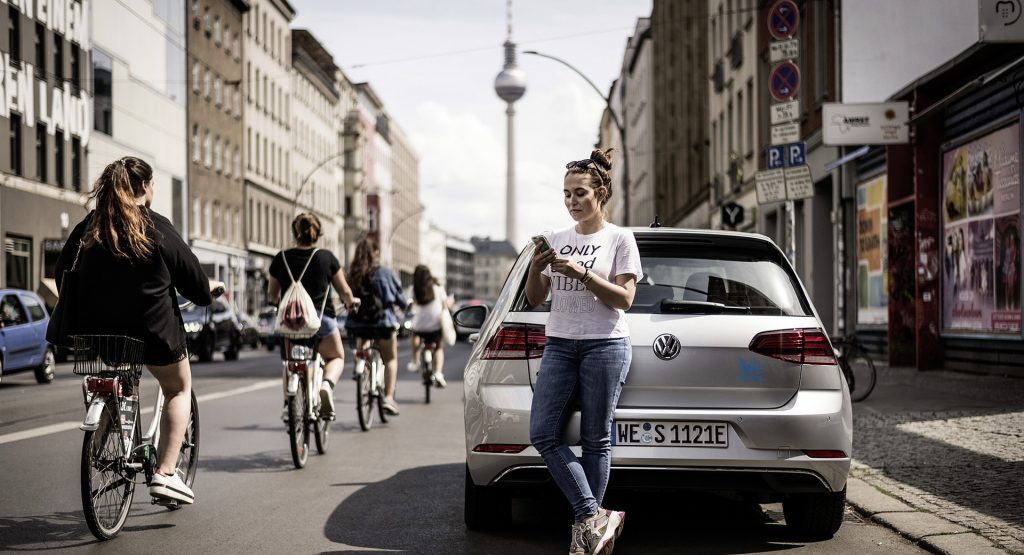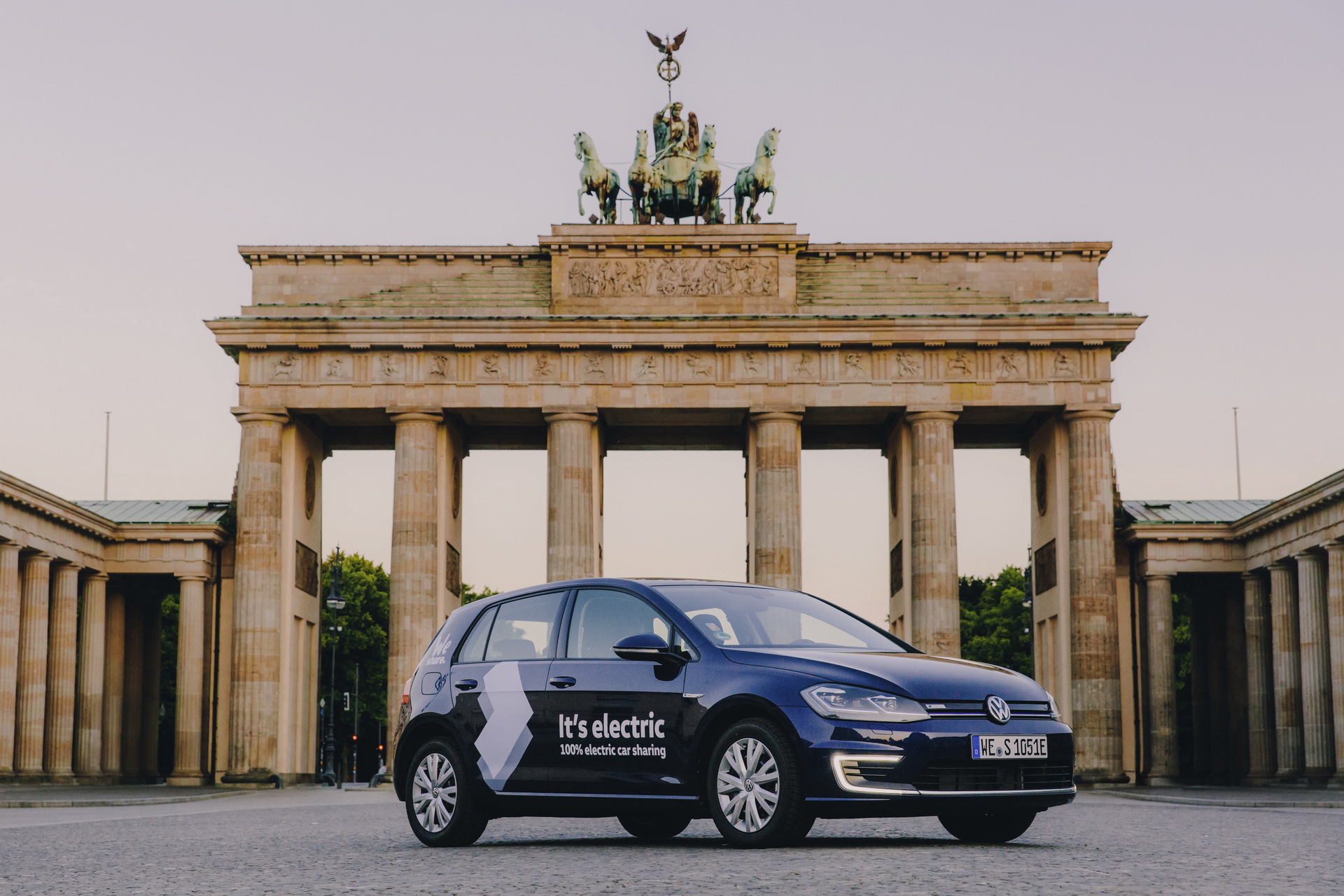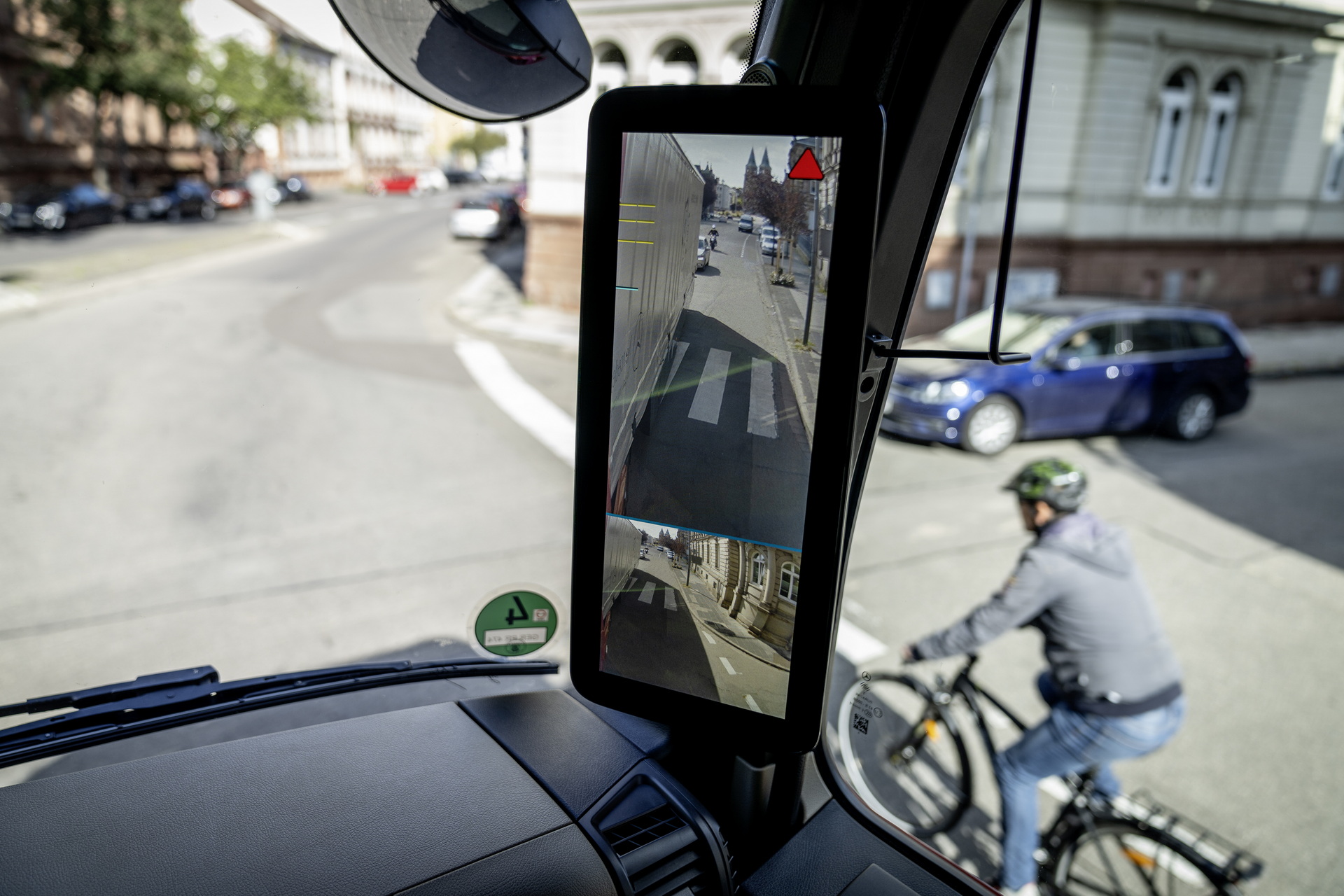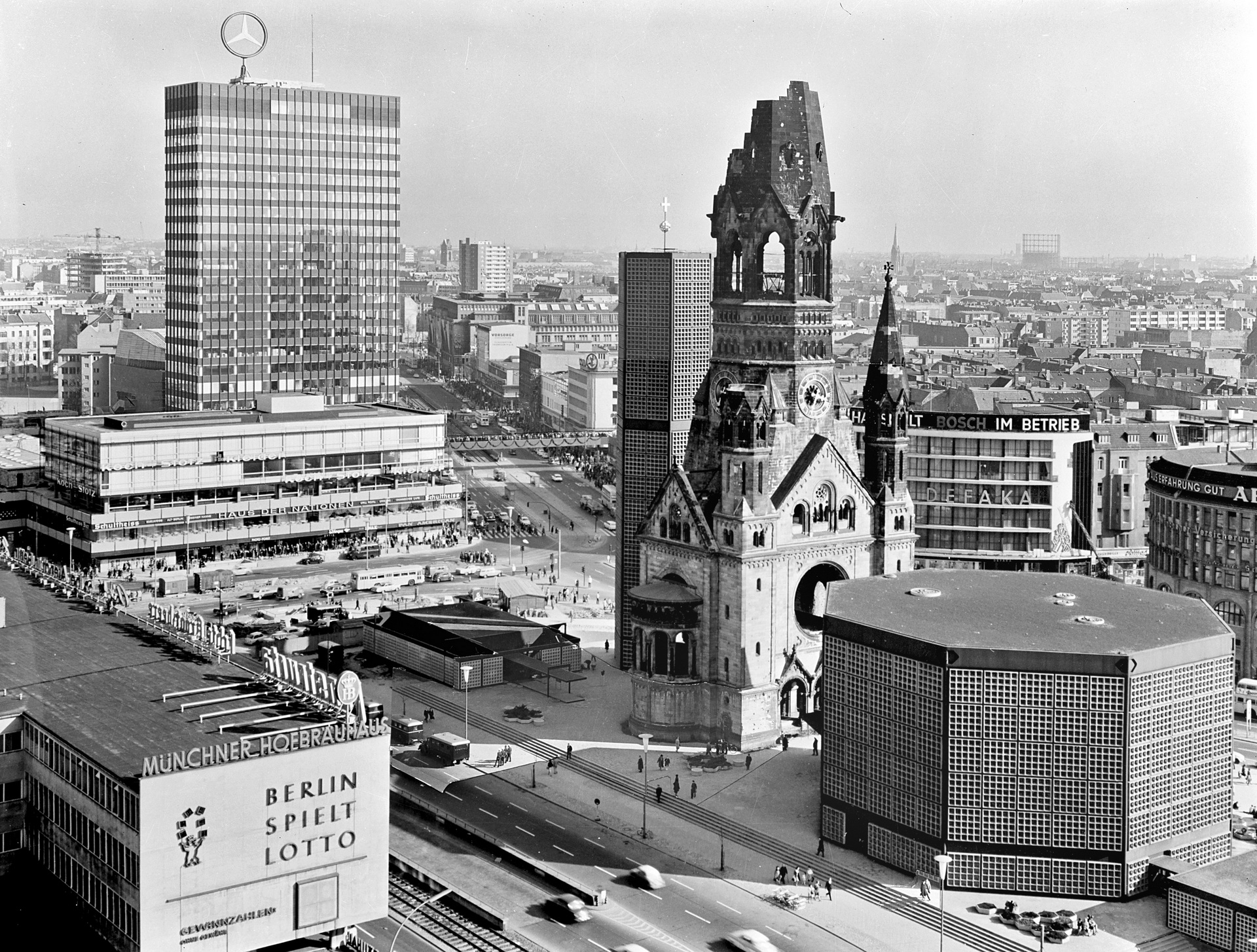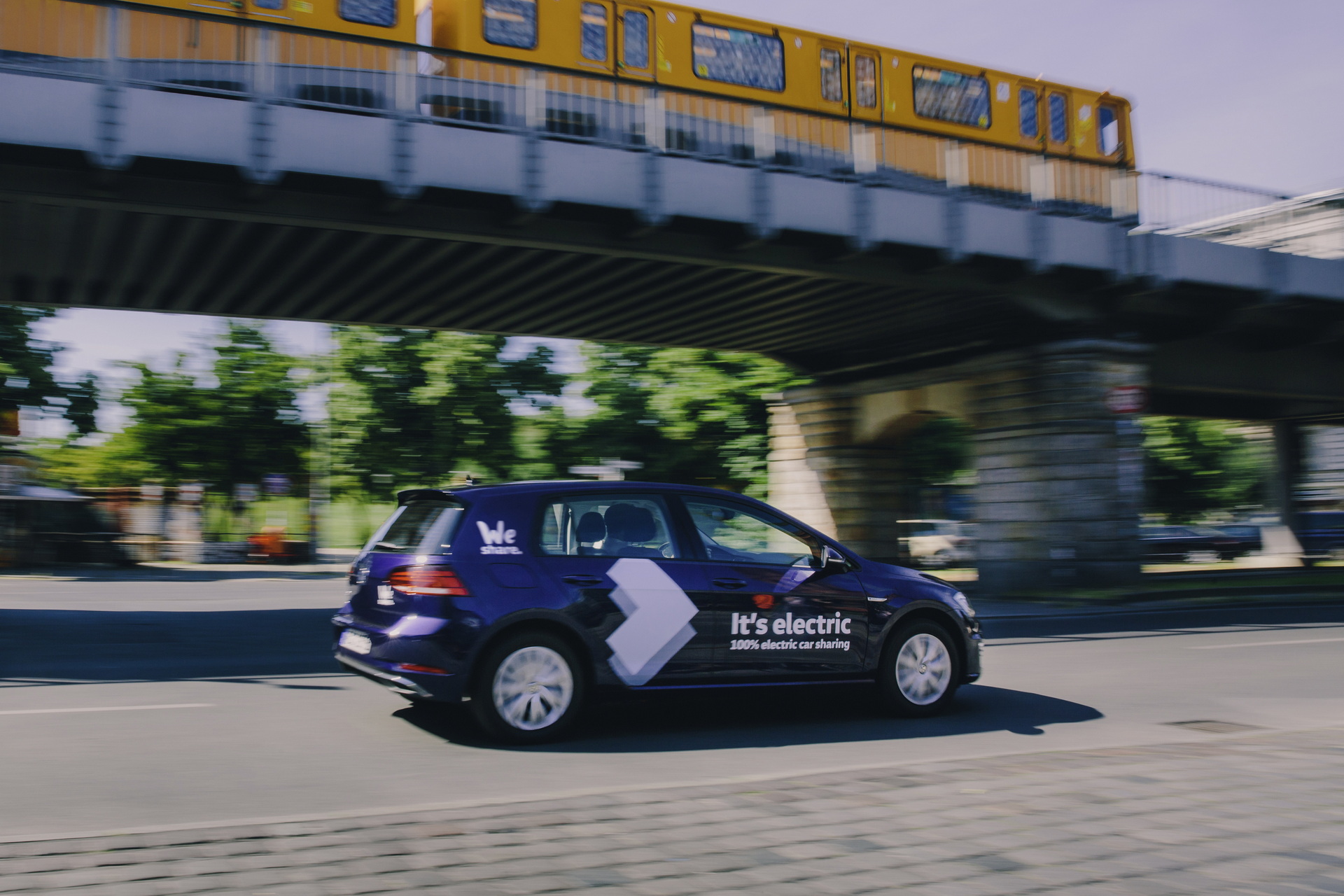A citizens petition started by a group called Berlin Autofrei with the goal of making Berlin a car-free city has received more than 50,000 signatures
The petition, part of a people’s referendum, calls for a ban on cars in an area of 88 sq km (34 sq miles) in central Berlin, which is surrounded by the “S-Bahn ring” train line. That’s an area about 33 percent larger than the borough of Manhattan and would make it the largest car-free urban area on earth, reports The Guardian.
As you might expect, the ban is being proposed for environmental reasons, with proponents telling the outlet that in order for the German government to meet the emissions goals it set for itself, about half of vehicles would need to go electric by next year. With Germany currently sitting at an EV rate of about 1.3 percent, they point out that such a sudden increase is unlikely.
Read Also: Autobahn Speed Limit Talks Reignited Following German Elections
But the ban is about more than just the wider environment. The petitioners’ main complaint is about cars’ impact on the city. Take, for example, the amount of space dedicated to cars.
Berlin‘s regional parliament found in 2014 that 58 percent of traffic space in the city was dedicated to cars even though they were only involved in a third of journeys. Within the S-Bahn ring, that number shrank to just 17 percent. Within that same area, 18 percent of trips were made by bicycle.
Even when they aren’t on the move, parked cars require up to 17 sq km (6.5 sq miles) of space in the city. All in all, cars take up almost 20 times more space in Berlin than bicycles. They also pose a danger to both pedestrians and cyclists, who made up three-quarters of all traffic deaths there.
“It’s as much about our immediate environment as it is about the environment at large,” Nina Noble, one of the initiative’s founders told the Guardian. “It’s about how we all want to live, breathe and play together. We want people to be able to sleep with their windows open, and children to be able to play in the street again. And grandparents should be able to ride their bicycles safely and have plenty of benches to take a breather on.”
The group does allow that some cars in the city are inevitable. People who depend on their car for their profession or who have impaired mobility would be exempt from the ban, as would the emergency services. Even citizens without a special exemption would be allowed 12 car journeys within the city per year to allow for things like movers or other needs.
So far the proposal has passed just the first of three hurdles it needs to become law, but it has done so by quite a wide margin. The campaign has received 50,000 signatures, 30,000 more than it needed to move on to the next step in the process. That will require campaigners to collect 170 signatures in favor of the measure. If, after that, the government refuses to implement the law, the question is then put to a public vote.
Even though it’s anything but certain at this point that the petition will succeed, the campaigners are optimistic since they are using the same mechanism that allowed Berlin’s citizens to expropriate thousands of houses from Berlin’s biggest landlords.
And there’s reason to believe that Berliners might be onboard. The German federal environmental ministry recently did a study in which 91 percent of people surveyed said they would be happier without a car, said a Berlin Autofrei spokesperson.
Though there’s a long way to go, the notoriously cyclist-friendly city may be taking the first steps to reorganize its streets.








